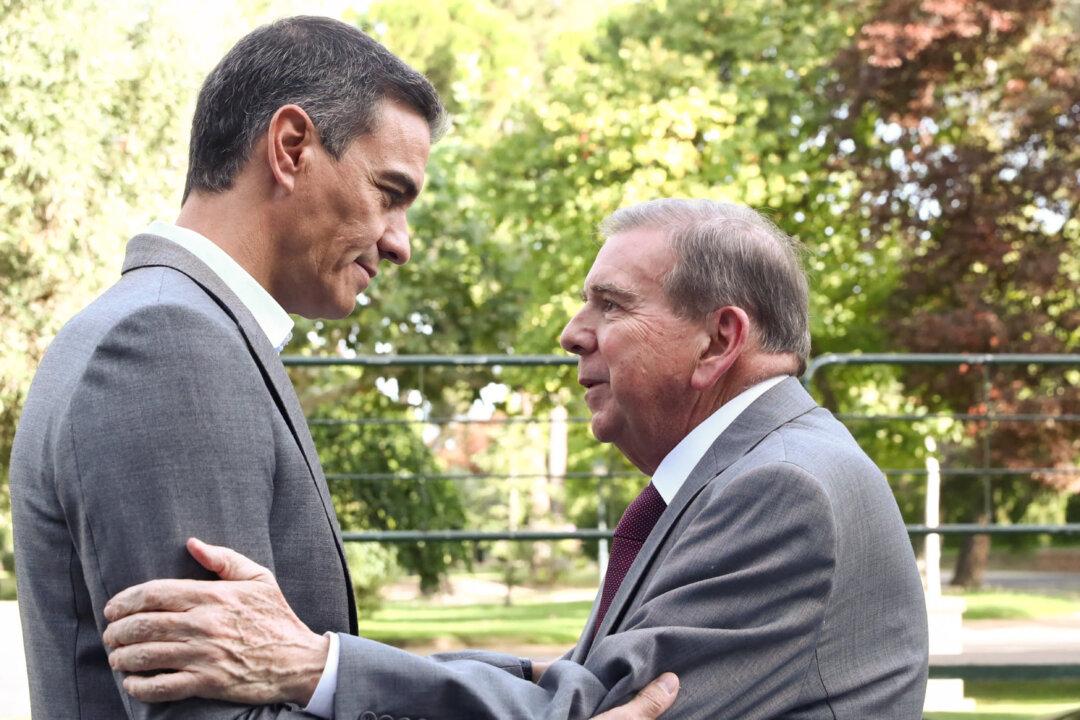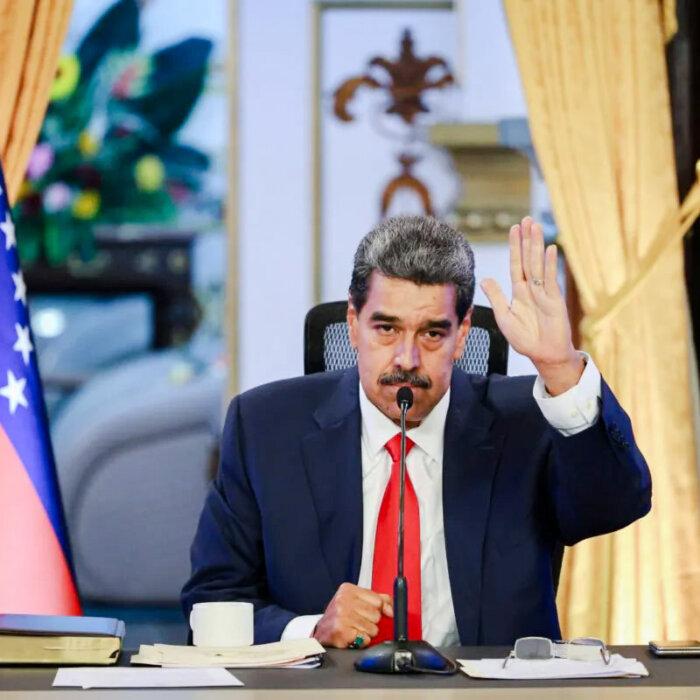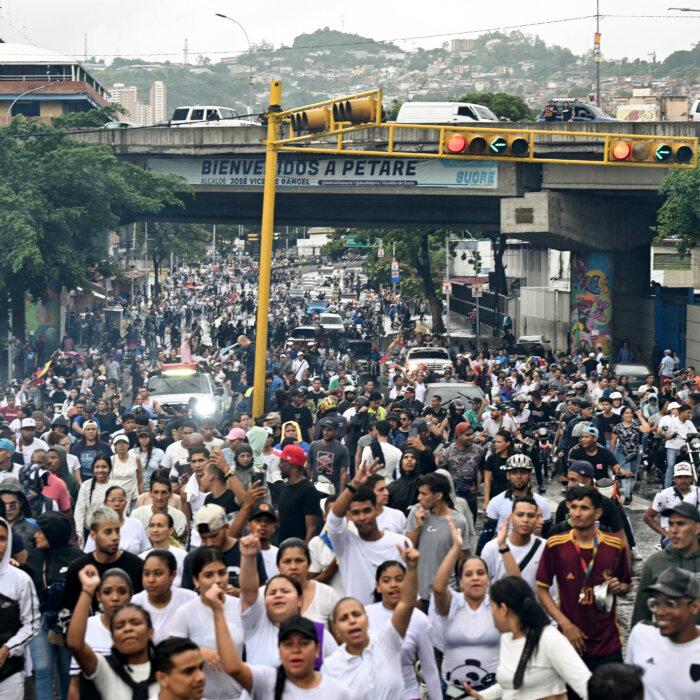Venezuelan opposition leader Edmundo González has said he was forced to sign a letter accepting that he had lost July’s presidential election to the socialist incumbent, Nicolás Maduro, before he was allowed to leave the country and go into exile in Spain.
González, 75, said in a statement on Sept. 18, “Either I signed or I faced the consequences.”
He said he signed the letter—in which he accepted a ruling from Venezuela’s supreme court, the Supreme Tribunal of Justice, that recognized Maduro’s victory—under duress, in the Spanish embassy in Caracas.
‘Tense Hours Of Coercion’
“In other words, either I signed or I would face consequences. There were very tense hours of coercion, blackmail and pressure,” he added.Venezuela’s National Electoral Council declared Maduro the winner of the July 28 presidential election, despite evidence suggesting that he had lost in a landslide to González, who has now gone into exile in Spain.
The opposition obtained voting tallies that suggested that González had won 73 percent of the accessible votes, twice as many as Maduro had received.
After signing the letter, González was allowed to leave on Sept. 8 on a flight to Madrid, where he was granted political asylum.
A warrant for his arrest was then issued in Venezuela, based on an investigation into the publishing of the voting tallies, which had been leaked.
The document González signed was supposed to be confidential, but Jorge Rodríguez, head of Venezuela’s National Assembly and Maduro’s chief negotiator, presented it during a nationally televised news conference this week.
Excerpts of the letter, which was from González to Rodriguez, had earlier been published by a Venezuelan news outlet.
After the Supreme Tribunal of Justice ruled that Maduro had won the election, Rodriguez said González had “24 hours to deny that.”
Gonzalez: ‘I Am Elected President’
But in his video message this week, González called himself the “elected president of millions and millions of Venezuelans” and promised to “fulfill” his mandate.Maduro, who is backed by a loyal army and police, is set to be inaugurated for his next six-year presidential term on Jan. 10.
It said Venezuela’s security forces, who are loyal to Maduro and the ruling United Socialist Party of Venezuela, have carried out arbitrary detentions, torture, and sexual violence.
“In most of the cases investigated, the detentions involved or were followed by serious and systematic violations of due process,” the report added.
The Supreme Tribunal of Justice upheld the ban, which was based on alleged fraud and tax violations, and accused Machado of seeking the economic sanctions the U.S. imposed on Venezuela.







